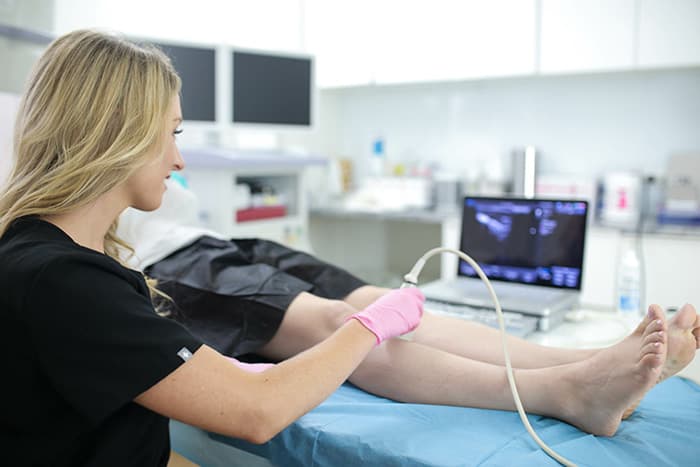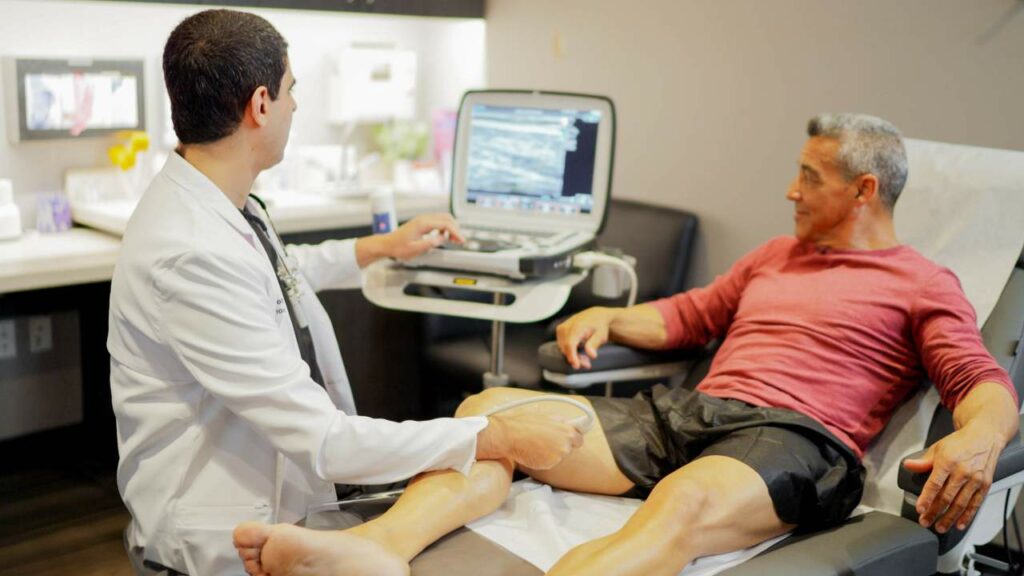Are Varicose Vein Treatments Covered by Insurance? Exploring the Benefits with a Vein Treatment Spec
Varicose veins are a common medical condition affecting millions of people, causing not only physical discomfort but also aesthetic concerns. If you're struggling with this condition, you may be wondering, "Are varicose vein treatments covered by insurance?" Understanding insurance coverage for vein treatments is crucial for those seeking relief without the burden of excessive costs. Consulting with a vein treatment specialist is a smart step in exploring treatment options, assessing eligibility, and maximizing insurance benefits. In this article, we will break down the insurance coverage of varicose vein treatments and guide you through the process of seeking professional help.
What Are Varicose Veins, and Why Do They Require Treatment?
Varicose veins are enlarged, swollen veins often visible on the surface of the skin, usually in the legs. They occur when the valves inside the veins weaken, causing blood to flow backward and pool, leading to the veins' bulging appearance. While varicose veins are primarily a cosmetic concern for some, they can also cause pain, swelling, heaviness, and in severe cases, lead to more significant health issues like ulcers or blood clots.
Not everyone with varicose veins requires treatment. However, if you experience symptoms such as discomfort, pain, or swelling, it’s essential to consult a vein treatment specialist to evaluate your situation and determine the most suitable approach for relief. Treatments vary from minimally invasive procedures to more intensive surgeries, depending on the severity of the condition.

Are Varicose Vein Treatments Covered by Insurance?
The cost of varicose vein treatments can be a significant concern for many patients. The question of whether insurance will cover the treatment largely depends on several factors, including the severity of your varicose veins, the type of treatment needed, and your insurance provider's policies.
In general, health insurance may cover varicose vein treatments if the condition is deemed medically necessary. Medical necessity is determined based on symptoms and the potential risk of more severe health complications. For example, if you experience chronic pain, skin ulcers, or blood clots due to varicose veins, insurance is more likely to cover the treatment. On the other hand, if your varicose veins are mainly a cosmetic concern with no underlying symptoms, your insurance may not cover the cost.
Key Factors That Influence Insurance Coverage for Varicose Vein Treatments
Several factors can influence whether or not insurance will cover your varicose vein treatment. It’s essential to understand these elements before moving forward with your treatment plan. Here are some of the most important considerations:
1. Severity of Symptoms
Insurance companies are more likely to approve coverage if your varicose veins cause significant pain or discomfort. If your condition leads to symptoms like aching, swelling, or fatigue, your insurance provider may classify the treatment as medically necessary. If you don’t experience any symptoms, however, coverage may be denied.
2. Treatment Type
The type of treatment you receive can impact your insurance coverage. Minimally invasive procedures, such as sclerotherapy or endovenous laser therapy (EVLT), are generally covered by insurance when they are deemed medically necessary. On the other hand, more cosmetic procedures, like vein stripping or laser treatments that don’t have a medical justification, might not be covered.
3. Insurance Plan
Different insurance plans have varying policies regarding varicose vein treatments. Some plans may have more lenient criteria for coverage, while others may impose stricter guidelines. It's essential to consult with your insurance provider to understand your specific plan’s coverage details and any necessary pre-authorization requirements.

4. Documentation from a Vein Treatment Specialist
Having a vein treatment specialist evaluate your condition and provide documentation of the medical necessity of the procedure can help with insurance approval. A specialist may recommend diagnostic tests such as ultrasound scans to show how your varicose veins are affecting your health, which could make a stronger case for insurance coverage.
The Role of a Vein Treatment Specialist in Securing Insurance Coverage
A vein treatment specialist plays a vital role in both the treatment and insurance approval process. These experts are trained to evaluate the severity of your varicose veins and determine the most appropriate treatment plan. Additionally, they can assist with the insurance claims process by providing necessary documentation and working with your insurance provider to ensure your treatment is covered.
How a Vein Treatment Specialist Can Help:
- Accurate Diagnosis: A vein treatment specialist can perform a thorough examination and diagnostic tests, such as duplex ultrasound, to assess the extent of your condition. This information is crucial for determining the medical necessity of treatment.
- Documentation for Insurance: Specialists are experienced in providing detailed medical reports that explain why your treatment is necessary. They can help you gather the necessary documentation to submit to your insurance company.
- Treatment Planning: Once insurance coverage is confirmed, your vein treatment specialist will guide you through the various treatment options, ensuring that you receive the most effective and minimally invasive procedure based on your condition.
How to Maximize Your Insurance Benefits for Varicose Vein Treatments
If you’re concerned about the cost of varicose vein treatments, there are several steps you can take to maximize your insurance benefits and minimize your out-of-pocket expenses:
- Pre-Authorization: Before undergoing treatment, contact your insurance provider to ask about the pre-authorization process. This ensures that the treatment is approved before it’s performed, preventing any unexpected bills.
- In-Network Providers: Check if your vein treatment specialist is in-network with your insurance company. Choosing an in-network provider can help lower your costs, as insurance companies typically offer better coverage for these services.
- Appeal Denied Claims: If your insurance claim is denied, don’t be discouraged. You have the right to appeal the decision. Work with your vein treatment specialist to gather more supporting documentation and submit an appeal to your insurance provider.
Conclusion
If you’re asking, "Are varicose vein treatments covered by insurance?" the answer largely depends on your individual circumstances. Consulting with a vein treatment specialist is crucial to determining your treatment options and ensuring you receive the necessary documentation to support your claim. By understanding the factors that influence insurance coverage and working closely with your healthcare provider, you can take the necessary steps to get the treatment you need at an affordable cost.
Comments
Post a Comment